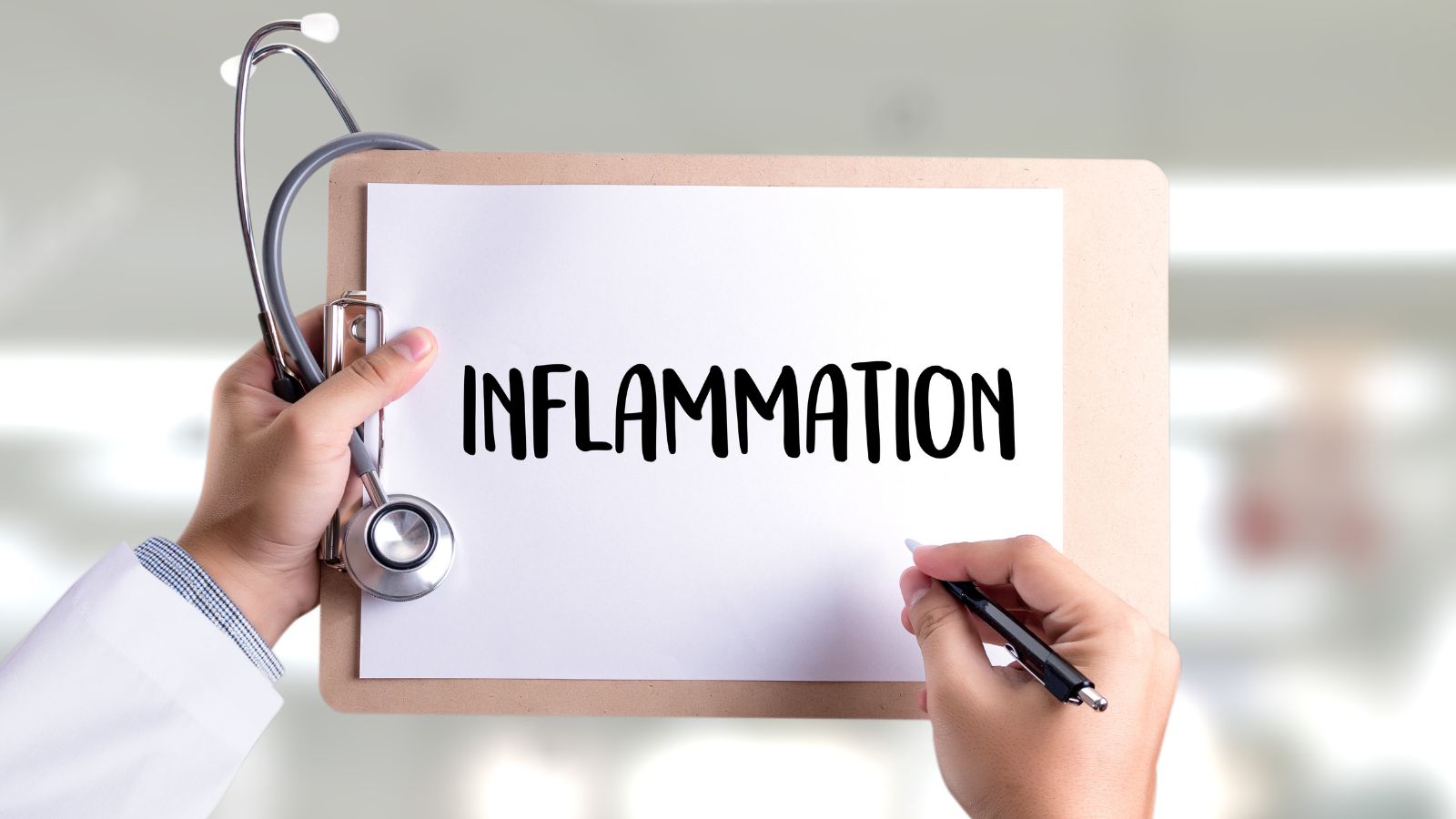Signs and Symptoms of Inflammation (Know All the Insights Today!)
Figuring out the signs and symptoms of inflammation won’t be easy; especially if you are facing this for the first time.
Skin rashes, loss of function, impaired circulation, redness, swelling, and pain are classic signs of inflammation. Although several treatment options are available, so far, red light therapy has been giving positive results.
However, to get the most out of your treatment, we recommend that you consult with your healthcare provider first. Depending on the expert’s suggestions, take whatever treatment is needed.
Also, when it’s a matter of inflammation, you should always communicate with someone who faced this issue earlier. This way, you’ll get a personal-level insight into what you need to do and what you shouldn’t.
Key Takeaways
Knowing these signs along with symptoms of inflammation can be super challenging, especially when you aren’t aware of how they show up.
Here are some of the possible symptoms of inflammation:
- Pain
- Loss of function
- Impaired circulation
- Swelling
- Redness
- Skin rash
These are some of the most common signs that you have inflammation and need treatment ASAP.
Understanding Inflammation
Inflammation is the body’s response to illness and injury, such as toxic chemicals or germs. The phase is normal, yet a crucial process that lets the body heal.
Think of it like this: You have a fever, but how do you know you’re ill (apart from using the thermometer)? You feel sick or feverish, right? Now, you get this feeling due to the inflammation of the system.
However, here’s the catch! Inflammation can be harmful if it occurs in your healthy tissues and stays there for long. When a virus enters your body, the immune system signals that your body has foreign entities inside. These cells start an inflammatory response to catch the toxins or germs and heal your injured tissues.
Inflammation can make your body swell or cause pain. These are symptoms that your body is healing. However, inflammation can also affect different segments of your body that aren’t visible to you.
In a nutshell, inflammatory responses behind the scenes are helpful; other than that, they can cause damage.
What are the 5 Classic Signs of Inflammation?
Any illness or injury can cause acute or short-term inflammation. Here are five classic signs that you have inflammation.
Pain
Inflammation results in discomfort, pain, and discomfort. Patients usually state the sensation as being dull or a frequent pulsating pain. While this sensation is quite an individual experience the pain intensity can vary from one person to another.
Now, this tingling sensation and pain are caused by the swelling buildup in the tissue. It then starts pressing against your nerve cells. This continuous swelling and pressing on your wound gives off pain signals, which keep you in immense discomfort.
Loss of Function
Inflammation leads to loss of function because of its effects on tissue functionality. When your tissues become inflamed, there’s a higher chance of an influx of immune cells. This situation can lead to conditions like:
- Swelling
- Pain
- Impaired circulation
This damages the structuring of your tissue, impairs your cellular function, and interferes with the signals between your cells. Inflammation also triggers the release of degradable tissue enzymes.
Overall, inflammation can resist the cells’ ability to perform normal functions, and this causes the loss of function.
Redness
When an inflammation takes place in your body, many immune system cells can be involved. They release different substances like the hormones bradykinin and histamine.
Moreover, the small blood vessels in the tissue get dilated it, allowing more blood to reach your injured tissue. For this reason, inflamed areas turn red and feel hot.
And did you know? The increased blood flow also carries immune system cells to the injured tissue. This way, they help with the healing process.
Swelling
Are you aware that chemicals from the white blood cells enter your blood or tissues to protect your body from viruses? This raises your blood flow to the injured area or infection.
It can cause redness and warmth. Moreover, some chemicals may lead the fluids to leak into major tissues. This process can result in swelling. This protective process may trigger nerves and cause pain.
Excessive white blood cells can also make the inside of your joints result in:
- Irritation
- Swelling of the joint lining
- Loss of cartilage over time
Skin Rash
Inflammation sometimes results in a skin rash due to your body’s immune response to various triggers like:
- Allergens
- Irritants
- Infections
- Autoimmune reactions

When your skin is inflamed, your blood vessels get dilated, leading to redness, and fluid leakage can cause swelling.
All these can manifest as:
- Raised bumps
- Blisters
- Irritated skin patches
Inflammatory mediators are also responsible for stimulating nerve endings, leading to severe itching or pain. Trust me! This can be way too painful, as you can imagine.
In a nutshell, inflammation distorts the average balance of the skin, resulting in the characteristic appearance of a rash.
6 Symptoms of Chronic Inflammation
Ever suffered from chronic inflammation? If not, you’re lucky! Here are some common chronic inflammatory symptoms you need to keep in check.
- Insomnia and chronic fatigue
- Arthralgia, body pain, myalgia
- Anxiety, depression, and mood disorders
- Gastrointestinal challenges like diarrhea, constipation, and acid reflux
- Frequent infections
- Weight loss and gain
These are a few common symptoms you may face when you have chronic inflammation. However, if you do get the symptoms, don’t wait; consult an expert immediately.
Usually, anti-inflammatory treatment should do the trick here, but for a faster cure, your doctor suggests you take red light therapy sessions along with the meds.
The post Signs and Symptoms of Inflammation (Know All the Insights Today!) appeared first on Spring Hill Med Group.



